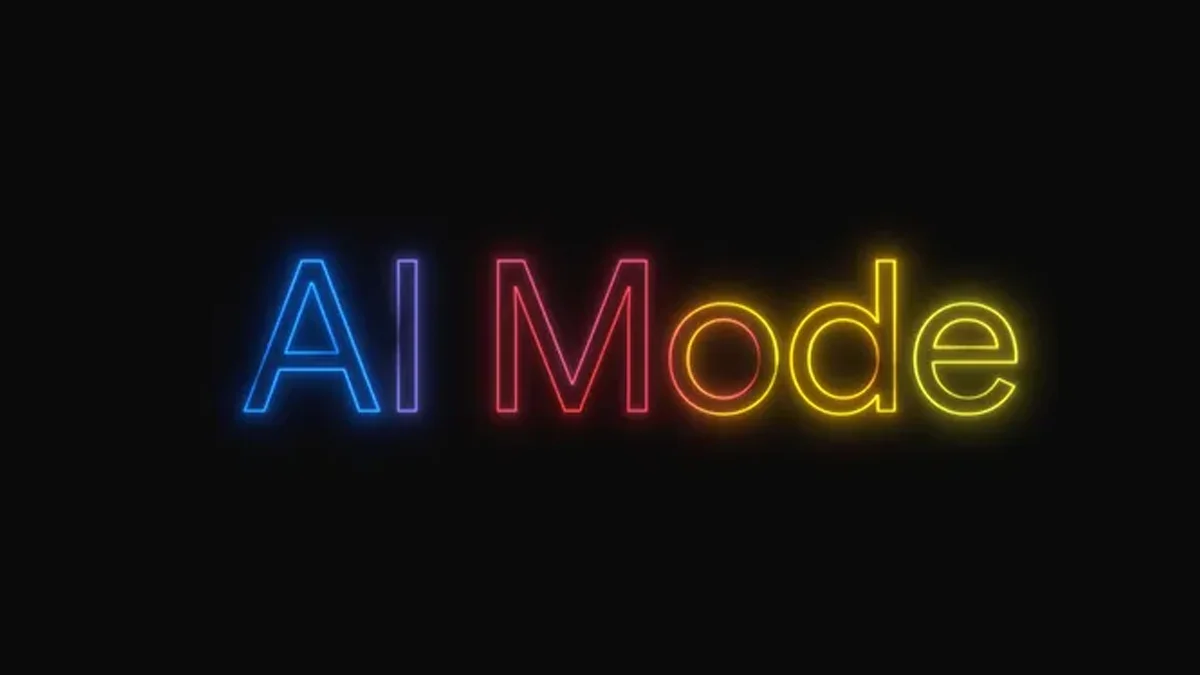Necessary Always Active
Necessary cookies are required to enable the basic features of this site, such as providing secure log-in or adjusting your consent preferences. These cookies do not store any personally identifiable data.
|
||||||
|
||||||
|
||||||
|

Google has officially launched one of its most significant search innovations in India today. Google announced that it is bringing advanced artificial intelligence capabilities directly to Indian users, promising to transform how people search for information online. This represents a major step forward in making AI-powered search accessible to millions of users across the country.
Google AI Mode rollout marks a pivotal moment for search technology in India. This AI Mode is currently part of Google Labs and is open to Indian users starting today, June 24, 2025. Users don’t need to download any additional apps or software to access this revolutionary feature.
The rollout strategy focuses on making the technology easily accessible through existing Google platforms. Users can simply open the app on their phone and look for the Labs icon or head to the dedicated Labs website. This seamless integration ensures that users can start experiencing AI-powered search immediately.
Google’s decision to include India in this early rollout demonstrates the company’s commitment to the Indian market. The timing coincides with increasing demand for more intelligent and contextual search experiences among Indian users.
Google AI Mode in India brings sophisticated AI capabilities that go beyond traditional search results. AI Mode is particularly helpful for questions that need further exploration, comparisons and reasoning. Users can now ask complex, multi-part questions that would have previously required multiple separate searches.
The system allows for natural conversation-style interactions with search. You can ask nuanced questions that might have previously taken multiple searches, like exploring a new concept or comparing detailed options and get a helpful AI-powered response with links to learn more.
This represents a fundamental shift from traditional keyword-based searching to more intuitive, conversation-based queries. Users can now explore topics in depth without having to reformulate their questions multiple times.
Gemini 2.5 AI Mode serves as the technological backbone of this new search experience. Using a custom version of Gemini 2.0, AI Mode delivers enhanced reasoning capabilities that make complex queries more manageable.
Google is rolling out one of its most significant updates to Search in years: a new AI Mode built on its advanced Gemini 2.5 model. This advanced model enables the system to understand context better and provide more relevant, comprehensive answers.
The Gemini 2.5 integration means that users get access to cutting-edge AI technology that can process and understand complex information patterns. This results in more accurate and helpful search results for challenging queries.
Gemini-powered AI Mode introduces exciting multimodal capabilities to Indian users. Powered by Google’s multimodal AI model (Gemini 2.5), AI Mode in Search allows users to speak a query, upload an image, or snap a photo using Google Lens and ask questions based on what they see.
This multimodal approach opens up entirely new ways to search for information. This includes practical use cases such as identifying a plant and asking how to care for it, making the search experience more practical and useful for everyday situations.
The integration of visual and voice capabilities means users can interact with search in whatever way feels most natural to them, whether typing, speaking, or showing images.
Google Search visual-voice integration represents a major advancement in search accessibility. Users can now combine visual inputs with voice queries to get comprehensive answers about what they’re seeing or experiencing.
This feature is particularly valuable for educational purposes, shopping decisions, and practical problem-solving. The visual-voice combination allows for more precise and contextual queries that traditional text-based search couldn’t handle effectively.
The technology makes search more inclusive and accessible to users with different preferences and abilities, democratizing access to information in unprecedented ways.